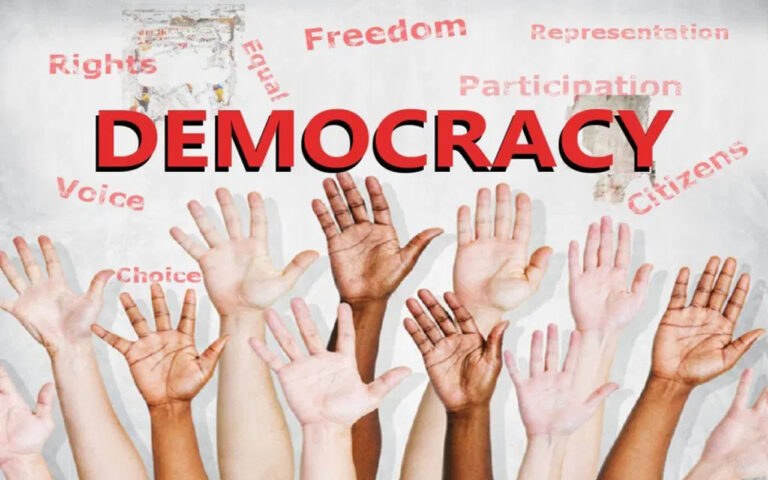SIR: Trade unions are the conscience of workers, a rallying voice for justice, equity, and fairness. But this moral authority can only be sustained if unions themselves embody the principles they demand from others. At the centre of this is internal democracy—the guarantee that every member has a voice, that leaders are accountable, and that collective decisions reflect the genuine will of the majority.
A union that suppresses dissent or manipulates its processes undermines its very foundation. Without internal democracy, a union becomes indistinguishable from the oppressive systems it was created to resist.
The legitimacy of a union lies not just in its ability to mobilise, but in its credibility before employers, government, and society at large. How can a body that does not respect its own rules credibly demand respect for labour laws, fair wages, or just working conditions? Credibility is the trade union’s strongest bargaining chip, and internal democracy is its proof of legitimacy. When this principle is compromised, the union loses the trust of its members and weakens its voice in public discourse.
Furthermore, internal democracy guards against the tyranny of elites. Without it, unions risk falling into the grip of cliques who manipulate structures for selfish gain. This erodes solidarity, fosters corruption, and leaves members disillusioned. The power of a union is not in the authority of a few, but in the collective will of the many. Democracy within the union ensures that decisions are not the preserve of a cabal, but the product of collective ownership.
Unity, the greatest weapon of workers, cannot thrive in the absence of democracy. When elections are rigged or procedures flouted, resentment festers and divisions deepen. True unity is not the absence of disagreement; it is the ability to resolve differences through fair and transparent processes. Internal democracy provides that channel, preserving solidarity and keeping members engaged in the collective struggle.
As unions face new challenges posed by globalisation, automation, and precarious work, the demand for accountable and transparent leadership becomes even more urgent. To remain beacons of hope for workers, unions must cleanse their own houses. Respect for internal democracy is not a luxury—it is an obligation.
Thomas Paine once said: “He that would make his own liberty secure must guard even his enemy from oppression; for if he violates this duty, he establishes a precedent that will reach himself.” Trade unions must therefore lead by example, practising democracy within even as they defend democracy in the larger society.
The survival and relevance of the labour movement depend on it. Internal democracy is not just a procedure—it is the soul of unionism. Without it, unions lose their moral compass. With it, they remain what they were always meant to be: the fearless guardians of the rights and dignity of workers.
Aladetan Abiodun is the chairman of Trade Union Congress of Nigeria, Lagos State Council.
Images are for reference only.Images and contents gathered automatic from google or 3rd party sources.All rights on the images and contents are with their legal original owners.

